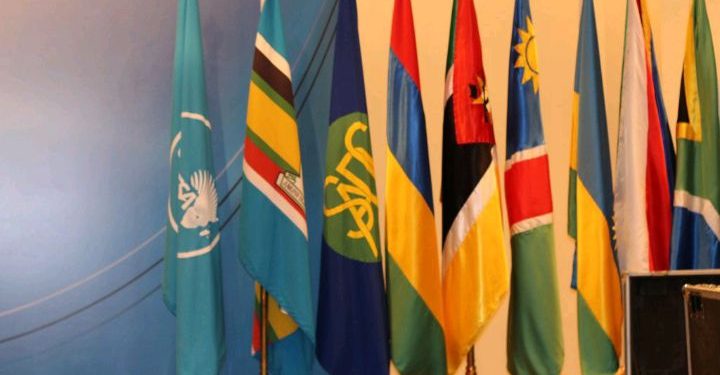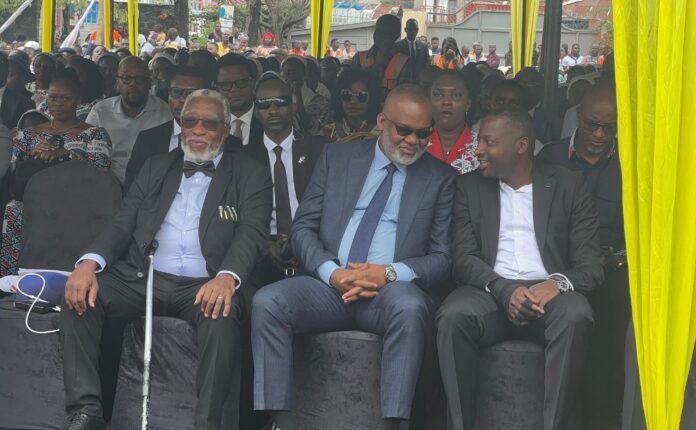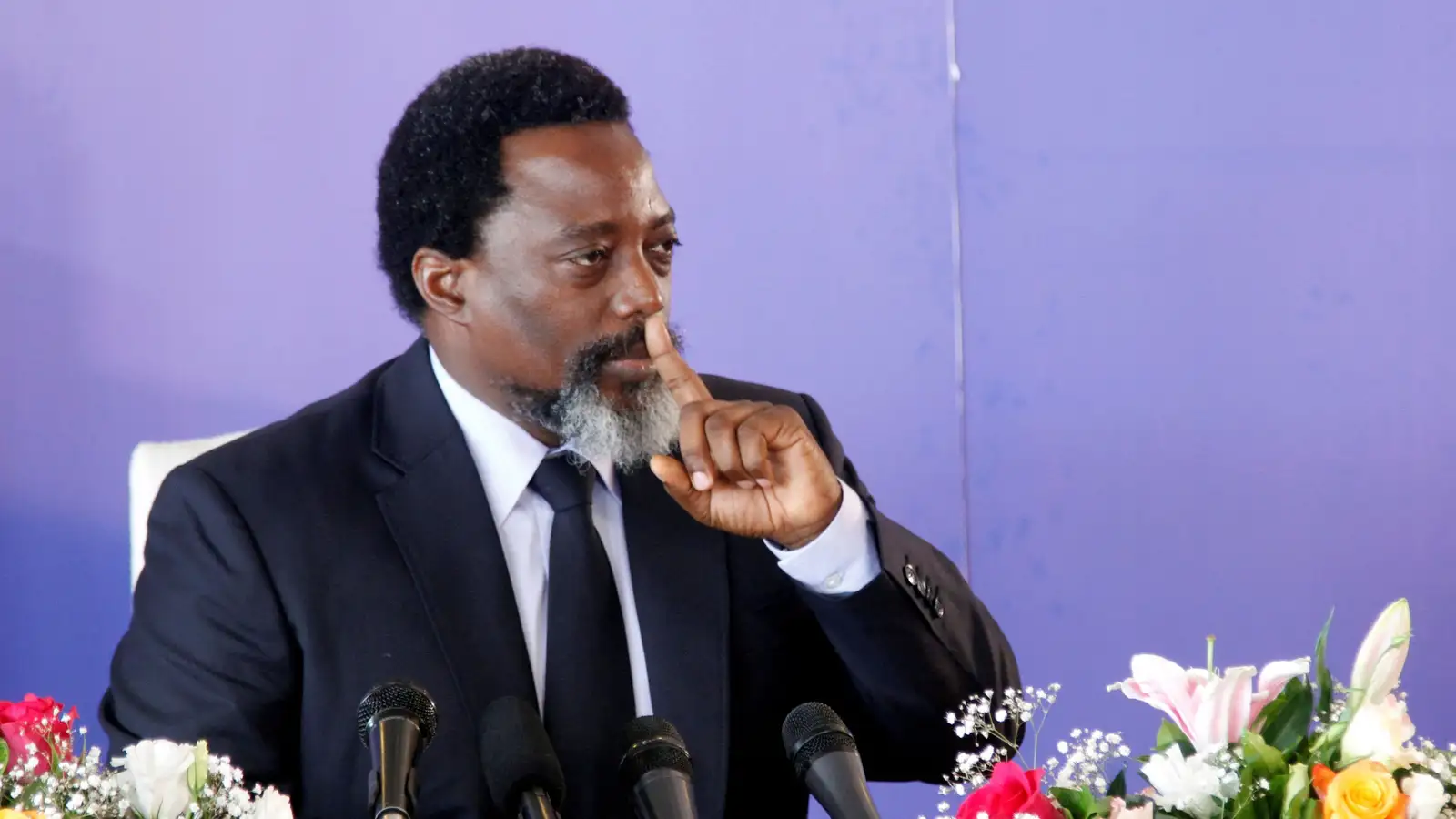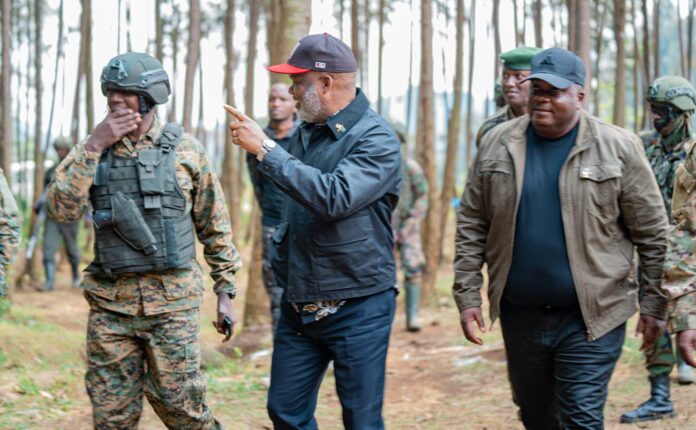Tanzania’s President, Samia Suluhu Hassan, is set to host a meeting of heads of state from the Southern African Development Community (SADC) and the East African Community (EAC) to discuss the ongoing security crisis in eastern Democratic Republic of Congo (DRC).
Note: Company, Blog, Church websites are free.
The summit is scheduled for Saturday, February 8, 2025, and will be preceded by a meeting of foreign ministers on Friday.
The decision to convene this summit was made during the 24th SADC meeting held in Harare, Zimbabwe, on January 31, 2025. It follows a request from the EAC, which held its own summit on January 29, 2025, bringing together heads of state and government representatives.
In an effort to resolve the conflict in eastern DRC, EAC chairperson and Kenya’s President William Ruto confirmed that a “special meeting” bringing together both SADC and EAC leaders will be held in Dar es Salaam, Tanzania, on Friday.
Among the confirmed attendees are host President Samia Suluhu Hassan, DRC’s President Félix Tshisekedi, Rwanda’s President Paul Kagame, South Africa’s President Cyril Ramaphosa, Uganda’s President Yoweri Museveni, Somalia’s President Hassan Mohamud, and others.
It is worth noting that Angola’s President João Lourenço previously attempted to mediate between the conflicting parties in eastern DRC, but his efforts have yet to yield a lasting solution.
Tshisekedi and Kagame last met to discuss this issue in September 2022 in New York, on the sidelines of the UN General Assembly, with the mediation of French President Emmanuel Macron.
The Kinshasa government has consistently accused Rwanda of supporting the M23 movement, while Kigali, in turn, has accused Kinshasa of collaborating with the FDLR, a militia composed of individuals responsible for the 1994 Genocide against the Tutsi in Rwanda. UN experts have confirmed the validity of accusations from both sides.
Both Rwanda and the M23 movement, however, have denied allegations of Rwandan support for the group. During the recent SADC meeting, leaders emphasized that all parties involved in the conflict must commit to dialogue, based on the Luanda agreements, the presence of UN peacekeeping forces (MONUSCO) in the DRC, and other initiatives aimed at restoring peace in the region.
However, SADC strongly criticized Rwanda, accusing it of supporting M23, which has been blamed for attacks that killed South African troops deployed under SADC’s military intervention in the DRC.
Rwanda’s Foreign Minister Olivier Nduhungirehe recently dismissed these allegations as baseless and unacceptable, particularly in light of repeated accusations from South Africa.
Nduhungirehe stated: “Some statements made during the SADC meeting are outright lies and unacceptable, especially the claim that RDF (Rwandan Defence Forces) is operating inside DRC and killing civilians.”
Meanwhile, M23 has declared a ceasefire, as announced in a statement released yesterday evening.
In the statement, movement emphasized that they have no intention of capturing Bukavu or other territories. However, it remains unclear whether this ceasefire was agreed upon by both M23 and the Congolese government. The ceasefire declaration follows intense fighting last week in Kalehe territory, South Kivu province.
M23 also accused the Congolese army (FARDC) of deploying military aircraft at Kavumu airport and bombing civilian areas under their control.
So far, the Congolese government has not issued a statement regarding the ceasefire announced by M23. Kinshasa remains firm in its stance that it will not negotiate with the rebel group, despite M23 having already taken control of Goma, the capital of North Kivu province.



